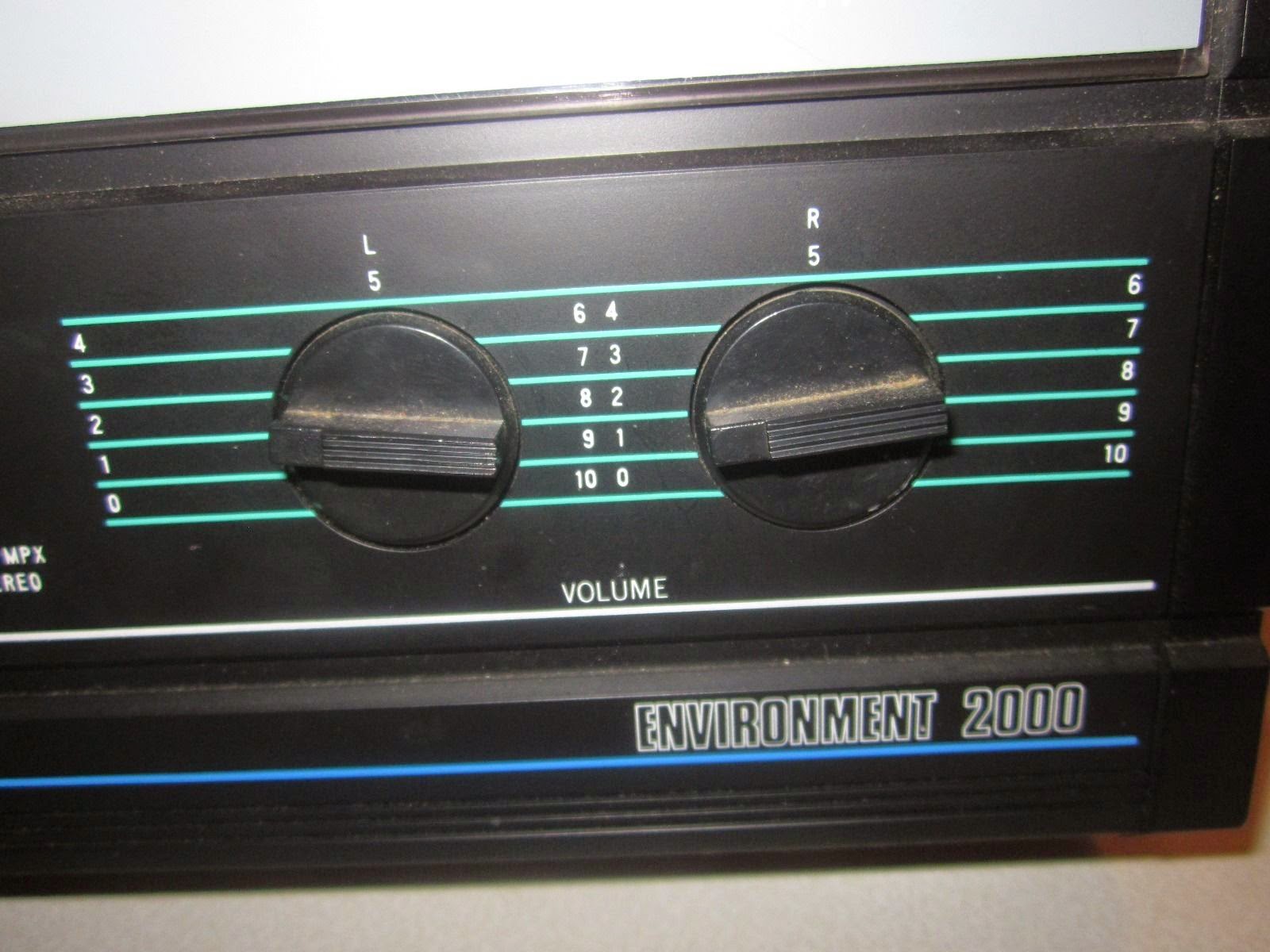Like some broadcasting ghost story, it gets told again and again.
But like many urban legends, there is a grain of truth underneath the embellishment.
This is the story.
In 1958, Reader's Digest magazine published an article on how one mysterious afternoon in 1953, a signal showing the station ID card of KLEE-TV, Houston, TX appeared on TV sets throughout the UK - three years after KLEE-TV was sold and their call letters had changed to KPRC-TV.
Now here's the grain of truth: It's not uncommon for local over the air radio/TV signals to reach crazy distances under the right atmospheric conditions. It's a phenomena that happens every night on the AM radio band. But more rarely on FM and TV. But they still happen there.
Overseas reception of FM and TV signals is the rarest of all of what is known as "DXing", an actual hobby amongst radio/TV fans who surf over our ever increasingly noisy airwaves, trying to find those far off stations from hundreds, or even thousands of miles away on locally empty frequencies that can make brief appearances from a few seconds to even an hour or more on FM radio and TV.
There are several online web sites and chat boards for DXers.
When you did find a far off station, the receiver of the signal would track down the address of the station and send them a confirmation of what they heard and at what time. To which the station engineer would send back something called a QSL card, which was like a postcard (which it was) with the station logo on them. Engineers used to look forward to getting these letters, as it was a testament to his/her engineering skills.
They don't send out QSL cards anymore (the last one I got was in 1982.) and there are far fewer broadcast engineers today than there were in those days.
In fact, the last convention of broadcast engineers I saw could have been mistaken for an AARP gathering with the number of grey, white and bald heads I saw there. And when they're gone, I'm not sure
who is going to take their place. Not many young people seem to be taking up the profession.
But here's the letdown.
First, all broadcast signals fade away into the ether eventually. They cannot reflect back from a different time. If they could, the airwaves would be a far bigger mess today than they already are, considering all that has been transmitted over the last 100 years on every frequency around the world.
Second, the transmitting system of the UK is PAL. The US uses NTSC. Both are digital today, but were then - and still are - hopelessly incompatible with each other. You could not see NTSC video on a PAL TV set and vice versa without a very expensive, very large (which NO housewife would tolerate in the living room) and in the end, useless conversion system
Third, the transmission carrier frequencies of US and UK TV were also different.
And finally, it was all a hoax to sell TV sets in England:
"As it turned out, in a particularly clever marketing effort, a would-be British entrepreneur
had sent a form letter to all U.S. TV stations making the claim that their station’s
signal had recently been viewed in the UK. For proof, the sender included what
appeared to be a photo of that station’s test pattern on a TV screen. Hoping to
peddle a TV set he claimed could receive broadcasts from extreme distances, the
sender had been working from an old list that did not reflect the Houston station’s
change of hands.
All the other TV stations getting the letter tossed it.
But when the letter from England got forwarded to KPRC, someone thought it looked
like news and the station did a story on it. The Houston station soon figured
out what the sender of the letter had been up to, but by then it was too late
and yet another urban myth had been born. Like a radio wave moving ever deeper
into space, it continues to live on...." - Mike Cox, The Great Texas/British TV Hoax of 1953

























